Politics
AFRICA, AFRICA CORPS, CENTRAL, DIPLOMACY, EQUATORIAL GUINEA, INTERNATIONAL RELATIONS, LINKEDIN, MALABO, MILITARY, MILITARY SUPPORT, NORTH AMERICA, NOVA NEWS, OBIANG, RUSSIA-UKRAINE WAR, TASS, TE, TEODORIN, TEODORO OBIANG, THEODORE OBIANG, UNITED STATES, VLADIMIR PUTIN, WEST AFRICA
Dante Raeburn
Russia Deploys Troops to Equatorial Guinea to Secure Presidential Rule
Russia has sent around 200 troops to Equatorial Guinea to protect President Teodoro Obiang. The troops are reportedly training elite guards in the capital and other cities. This move reflects Russia’s strategy to increase its influence in Africa, previously sending mercenaries to support military regimes. Obiang, who has ruled since 1979, has expressed gratitude to Russia for this military support as he prepares for succession with his son.
Russia has deployed approximately 200 troops to Equatorial Guinea with the primary objective of safeguarding President Teodoro Obiang. Reports from various African media outlets indicate that these Russian military personnel are engaged in training elite guard units in the nation’s capital, Malabo, and in Bata. It is also suggested that some of the troops may originate from Belarus, a known ally of Russia. This deployment exemplifies Russia’s growing influence in Africa amidst declining Western presence. Furthermore, Moscow has previously dispatched thousands of mercenaries from the former Wagner group, now operating under the name Africa Corps, to support military regimes in the region and combat jihadist threats. The 82-year-old President Obiang, who has maintained power since a 1979 coup, is preparing his son, Teodorin, as his successor. The presence of Russian security forces could reinforce the stability of the ruling dynasty and mitigate any potential threats to Obiang’s regime. During a visit to Moscow on September 26, President Obiang expressed gratitude to Russian President Vladimir Putin for providing military trainers to strengthen Equatorial Guinea’s defenses. Reports regarding the arrival of Russian troops began circulating as early as August, signaling Russia’s continued strategy to expand its foothold in West and Central Africa through military support and intervention. These developments are a part of a larger trend of increased engagement from Russia, which seeks to capitalize on opportunities within the mining and energy sectors while simultaneously aiming to counteract Western influence globally. The ongoing geopolitical conflict, with Ukraine at its center, finds Russia leveraging these military relationships in Africa to forge alliances and gain access to strategic resources.
The deployment of Russian troops to Equatorial Guinea underscores a significant shift in international relations, highlighting Russia’s efforts to expand its influence in Africa. Following the decline of Western power in the region, Moscow has intensified its military interventions, primarily through private military contractors. The move to protect President Obiang aligns with Russia’s strategic interests, where it can derive economic benefits from local governance while offering military support to regimes that align with its geopolitical goals. Equatorial Guinea, with its rich natural resources, presents an attractive opportunity for Russia, particularly as it seeks to establish a more significant presence in the dynamic economic landscape of Central and West Africa. Moreover, the ongoing legacy of instability in the region continues to attract foreign military power, complicating the political dynamics as nations grapple with insurgency and governance issues. This context is essential for understanding the implications of Russia’s troop deployment and the potential ramifications for domestic and regional stability in Equatorial Guinea.
In summary, Russia’s dispatch of 200 troops to Equatorial Guinea represents a tactical maneuver to bolster the security of President Teodoro Obiang and reinforce Moscow’s growing influence in Africa. This strategic deployment is symptomatic of broader trends wherein Russia actively seeks to challenge Western dominance while securing economic interests in resource-rich nations. As the geopolitical landscape continues to evolve, the ramifications of such military partnerships will be significant for both Equatorial Guinea’s internal stability and the wider African region.
Original Source: www.agenzianova.com
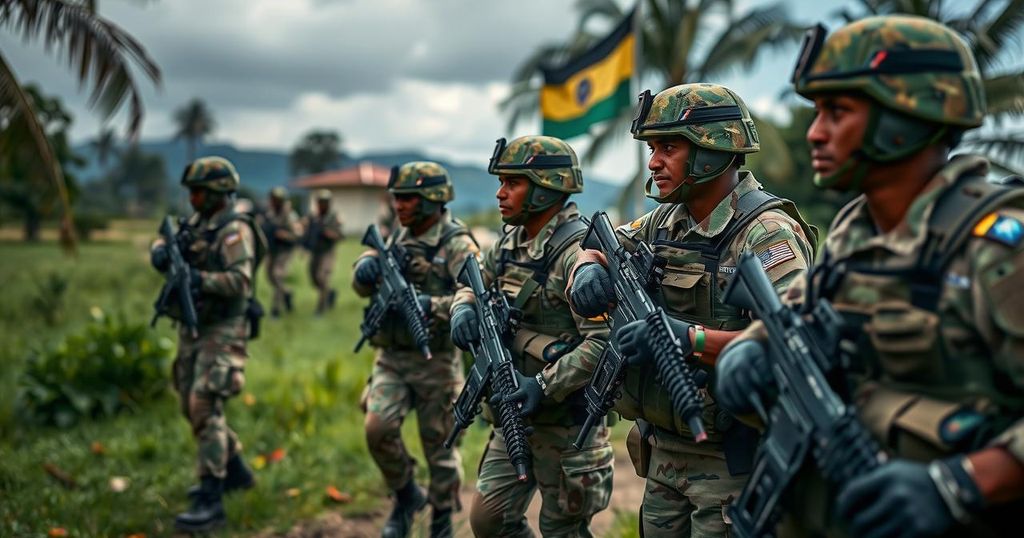
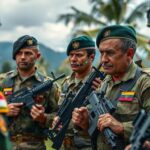
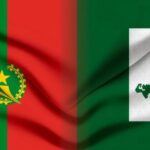
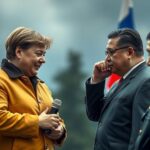



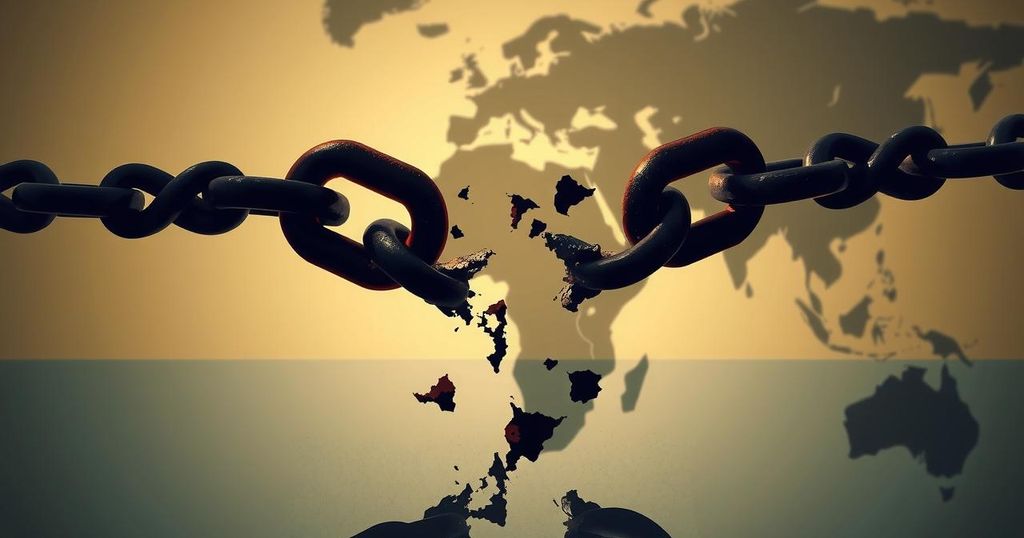
Post Comment